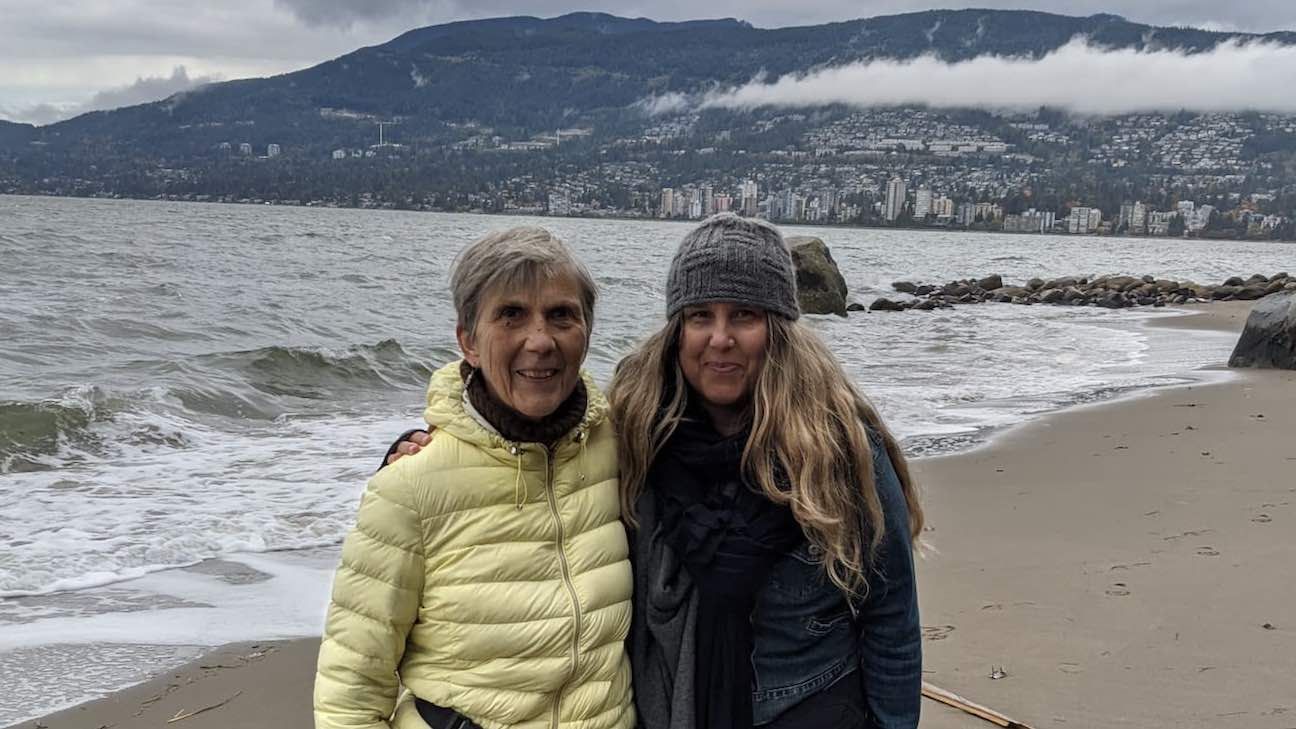how i care for alzheimer’s disease: 'give yourself some grace and … find moments of joy because they’re there'
kim's experience caring for her mother has its ups and downs, but she always finds a way to “find some sort of humour” in the more challenging moments.
opinion: i wasn't completely surprised by a dementia diagnosis at 48, but i was shocked by the lack of support
despite the serious impacts of young-onset dementia, awareness is low compared to dementia in seniors, resulting in delayed diagnoses, a lack of support systems, and few resources for individuals and their families.
 6 minute read
6 minute read














